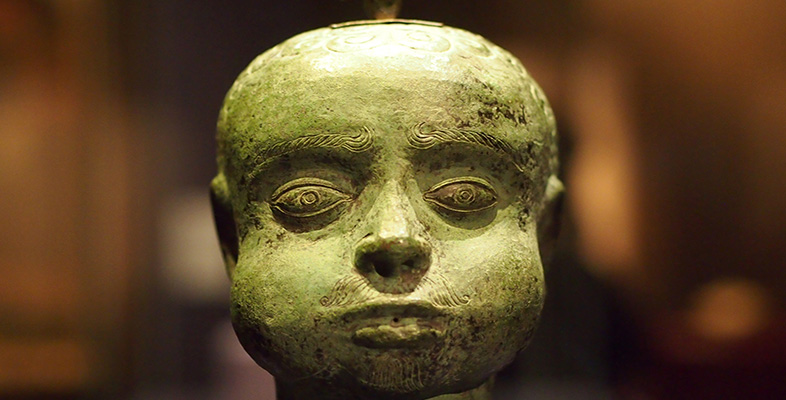6.2 How DEMOCS works
DEMOCS games involve groups of around six to eight participants and take a couple of hours to play. They come as self-contained kits, which can be downloaded from nef's website. To register and log in for access to DEMOCS games, see http://www.neweconomics.org/gen/z_sys_DemocsRegister.aspx?destination=/gen/democsdownload.aspx, accessed 13 March 2007. Topics covered so far include stem cell research, over-the-counter genetic testing kits, xenotransplantation, pre-implantation genetic diagnosis, GM food, animal experiments and nanotechnology.
Each DEMOCS session begins with a briefing on the game process itself and on the background to the topic under consideration. Discussion and deliberation is then stimulated using several sets of playing cards, employed as shown in Box 1, working towards the conclusion of the game in which participants vote on possible policy options.
Box 1: Anatomy of a DEMOCS game
The following sets of cards are dealt to all participants, in different ‘rounds’ that build on one another.
Story cards – used to provide a way into the topic, helping participants to understand the impacts on people and the environment of the issue at hand.
Information cards – to enable participants to begin to gather information they consider most pertinent to potential policy positions on the topic. Participants reflect on the cards and choose the ones they feel are most important, taking turns to read them out and explain why they have chosen them.
Issue cards – which aim to stimulate discussion on key questions relevant to the topic. Participants are invited to group these cards together as they identify common themes in their deliberations.
In addition, Challenge cards may be used optionally (and for fun), to challenge individual participants to state and/or critically evaluate their own views. Some examples of Challenge cards are:
Who is going to benefit? Who will lose out? Share your thoughts and feelings with the group.
Imagine what your grandparents would say about this topic! Share it with the group.
Tell the group about a personal experience that relates to the topic.
Forms called Cluster cards are then used to help the group as a whole to organise story and information cards alongside the groups of issue cards and, from this, to identify areas of agreement and disagreement on the key themes that emerge, with the aim of working towards consensus.
As a participatory method, DEMOCS aspires to go both deep and wide (New Economics Foundation, 2005): to bridge ‘the gap’ between traditional consultation methods that involve many people but include little or no dialogue (e.g. opinion polls) and other methods that involve in-depth deliberation, but are accessible to only a few people (e.g. consensus conferences, citizens' juries). Games are therefore designed to be used by anyone aged 14+ who wishes to participate (the hope is that they will ‘appeal to not-the-usual suspects’), anywhere (e.g. at home, in school, as part of wider public consultation) – and to require no expert input (but preferably involve a trained facilitator).
In developing DEMOCS, nef seeks two key outcomes:
to make complex topics easily accessible and encourage people to form an opinion, ‘not off the top of their heads, but after they've thought and deliberated about the issue’ – in short, to ‘do’ democracy’;
depending on the topic and the context in which the game is played, to provide feedback that is useful for policy makers.
DEMOCS have already been used as public engagement tools in a variety of science policy/decision-making contexts. For example, the GM food DEMOCS was played in Edinburgh as part of public debate within the GM Nation? initiative; the game on over-the-counter genetic testing kits was developed and played as part of a Human Genetics Commission inquiry; and a game was specially developed and used as part of the Mayor of London's public consultation on ambient noise reduction.
As well as games specifically linked to policy initiatives, DEMOCS have been played at ‘public events’ such as science festivals, BA meetings, and at the Dana Centre at the Science Museum in London, and less formally in a wide range of venues; kits are now being adapted for use in schools. In an attempt to further widen opportunities for participation, online versions of the games are also being developed.
